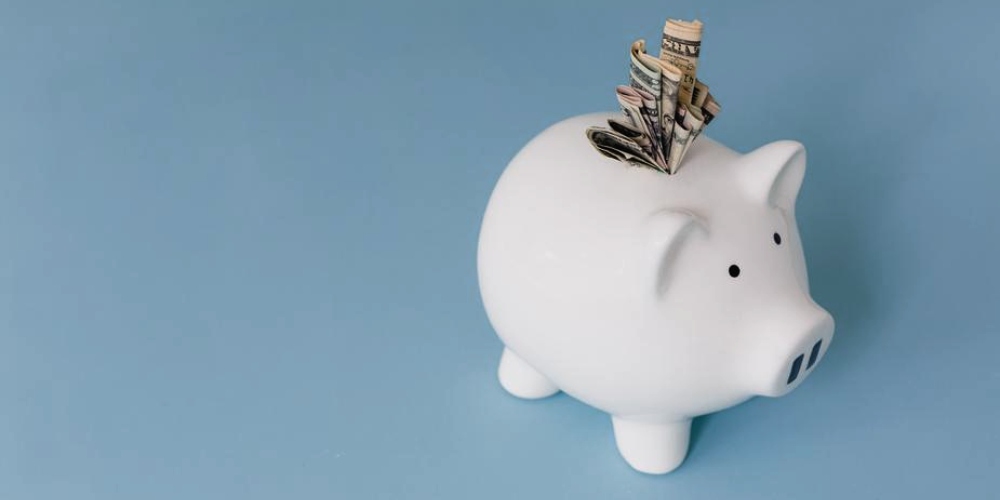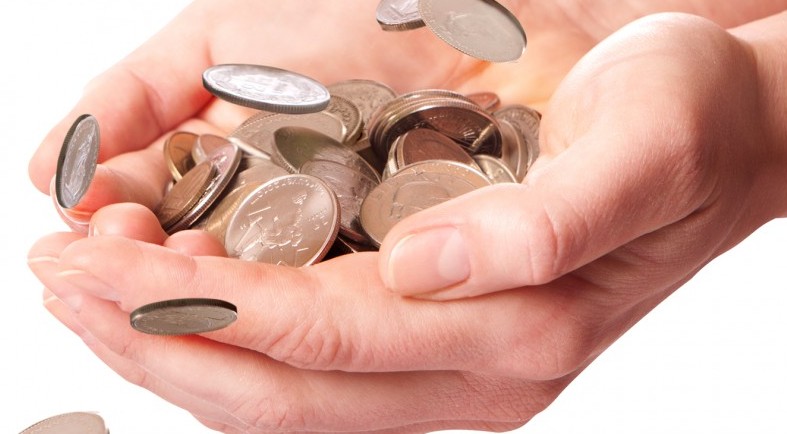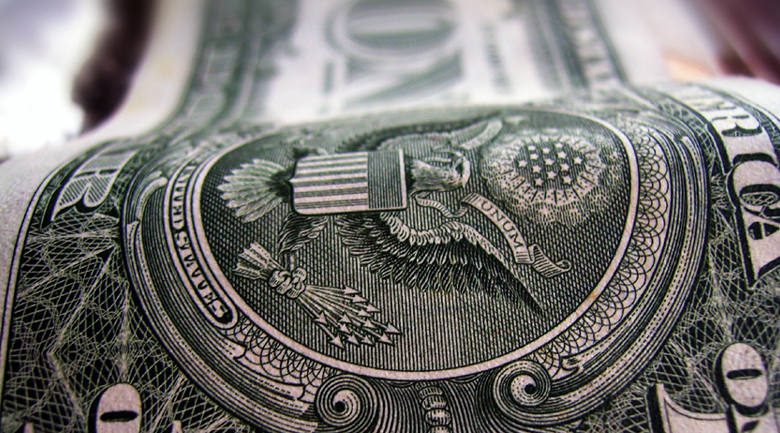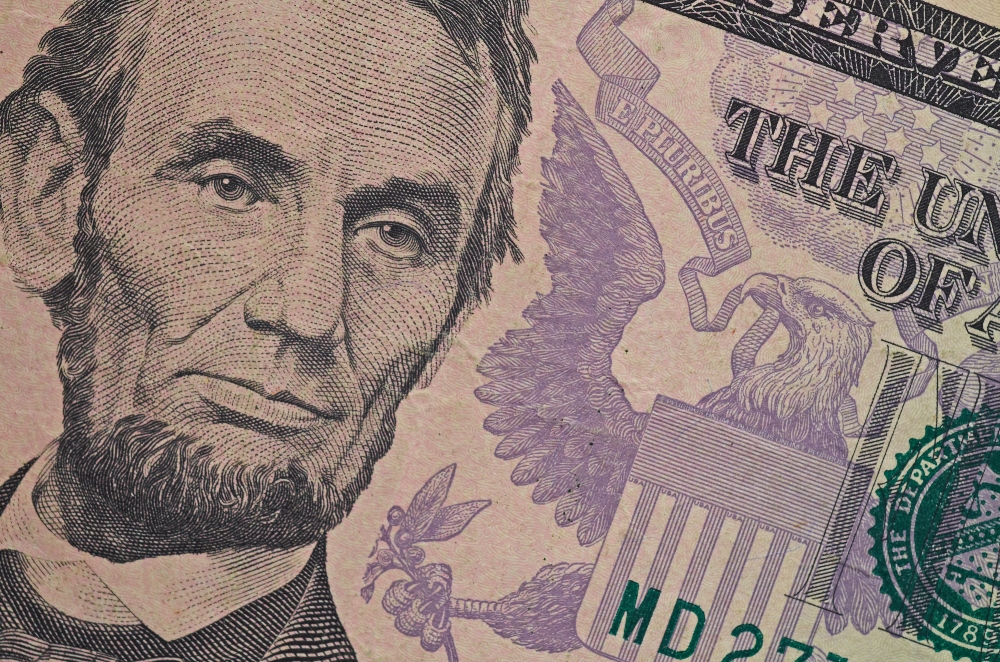Student loans represent a significant financial burden for recent graduates, with average loan debt in 2017 hitting $37,172, and the impact of debt repayment at graduation causes many Americans, mainly younger professionals, to delay everything from traveling the world and marriage, and even opening their own business.
Beyond the burden of debt, student loans are particularly tricky because they play by some different rules.
Most debt for example, doesn’t accrue interest while you don’t make any payments, and the flexibility of the repayment options can put borrowers in difficult situations where they don’t recognize their repayment amount. In addition, because the way we relate to the lender (AKA the federal government), the consequences of student loan debt often makes it seem less important to pay.
However, most of that flexibility is limited to non-private student loans. Private student loans have all the troubles of regular loans, with some added bite.
One way that student loan debt is different from other forms of consumer debt is that not even bankruptcy can clear you.
In 1976, Congress passed a law that put public student loan debt in a separate category that can’t be discharged. In 2005, Congress extended that to private student loans.
Not paying your student loans can lead also lead to wage garnishment and tax refund seizure.
But perhaps the most painful and insulting consequence of student loan default can be the withholding of your professional (or even your driving) licenses. If you’re a barber, nurse, teacher, lawyer, psychologist, realtor or need to drive a car, that can be devastating.
NYT uncovered that the following 20 states that allow this include:
- Alaska
- Arkansas
- California
- Florida
- Georgia
- Hawaii
- Illinois
- Iowa
- Kentucky
- Louisiana
- Massachusetts
- Minnesota
- Mississippi
- New Mexico
- North Dakota
- South Dakota
- Tennessee
- Texas
- Virginia
- Washington
Beyond the damage to credit scores, liens on properties, and the financial consequences, these license seizures can represent financial ruin, and can punish well-meaning borrowers and those who are working on public service loan forgiveness as well.
The most important thing you can do is know your options.
If you have public loans, explore repayment options, explore refinancing with direct loans, and most importantly, communicate with your lender. If you have private loans, consider moving that debt into something more manageable, especially since private loans have no interest cap, a personal loan or a home equity loan can be a more affordable option.
The best way to handle default is to avoid it – and don’t drown by avoiding swimming. Most importantly, get in the know, explore your options, and get talking. And if you’re feeling extra motivated, work with your state representatives and work on getting legislation to help make students loan more manageable.
Kam has a Master's degree in Industrial/Organizational Psychology, and is an HR professional. Obsessed with food, but writing about virtually anything, he has a passion for LGBT issues, business, technology, and cats.









































